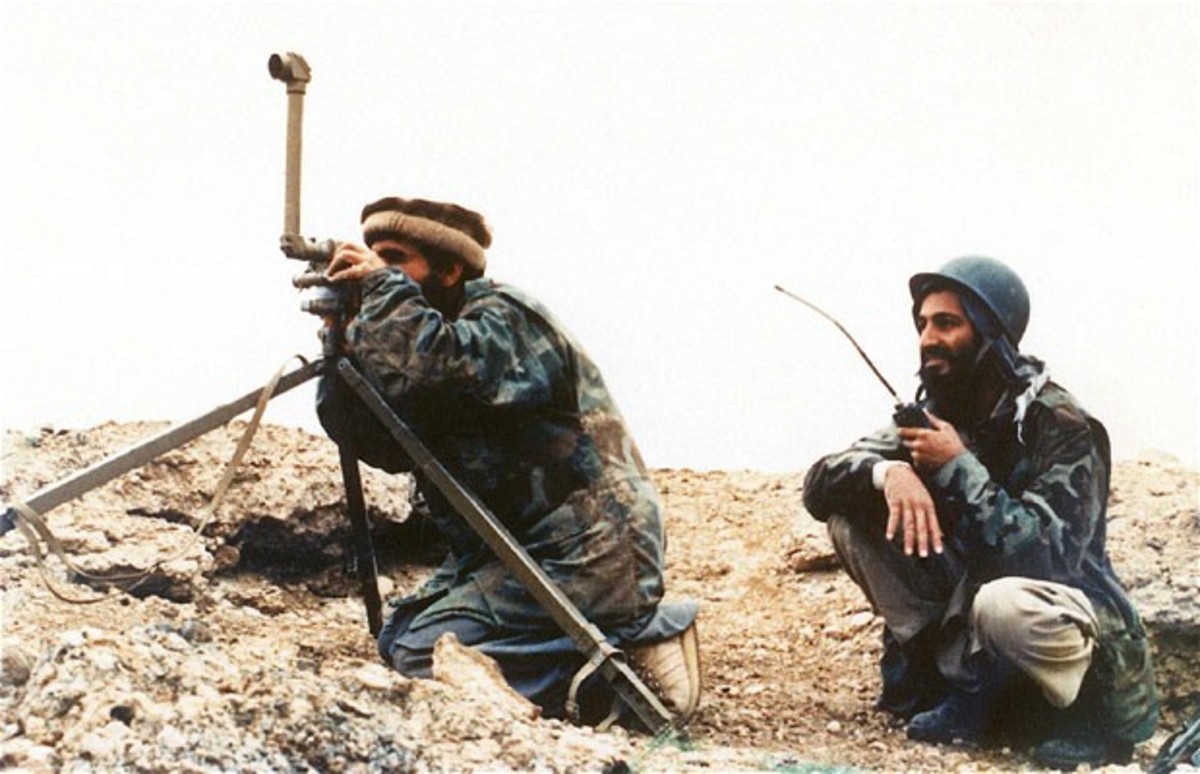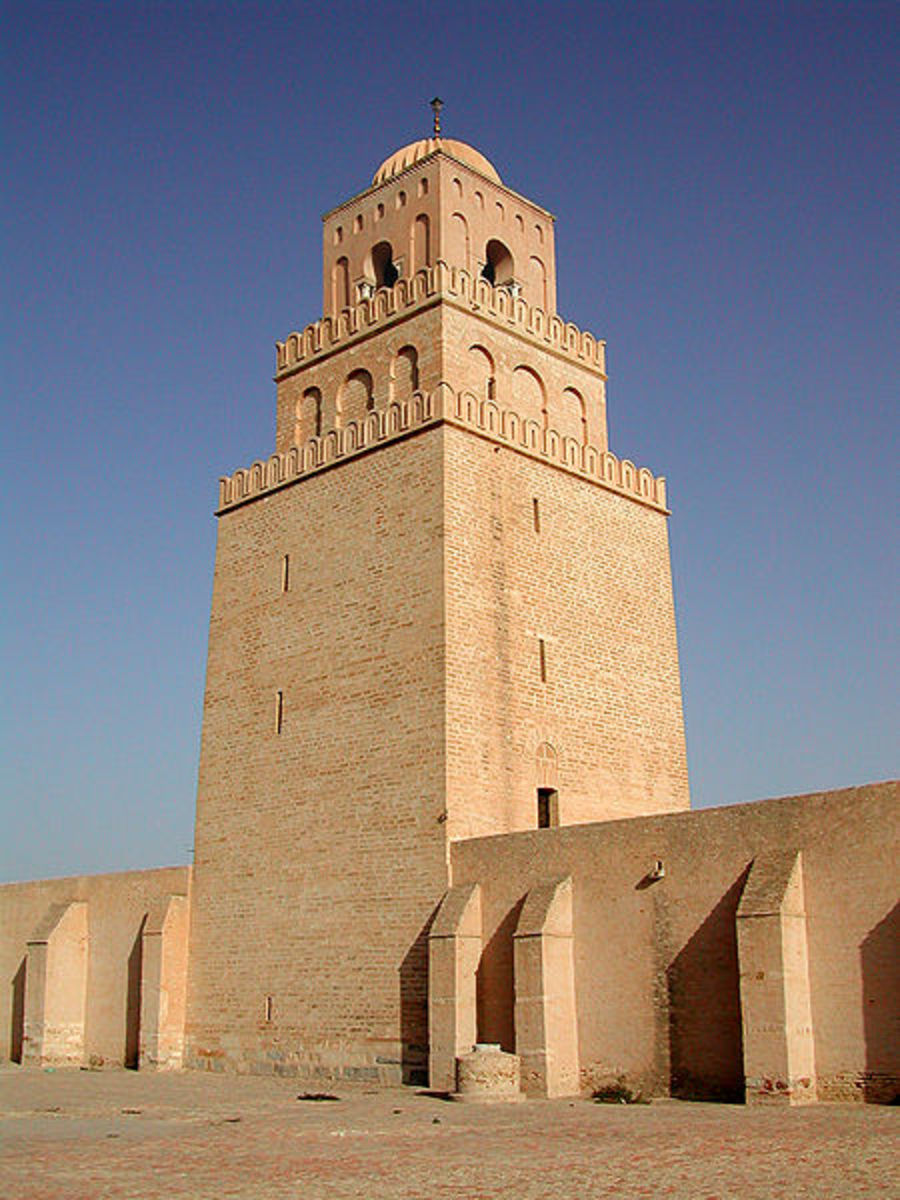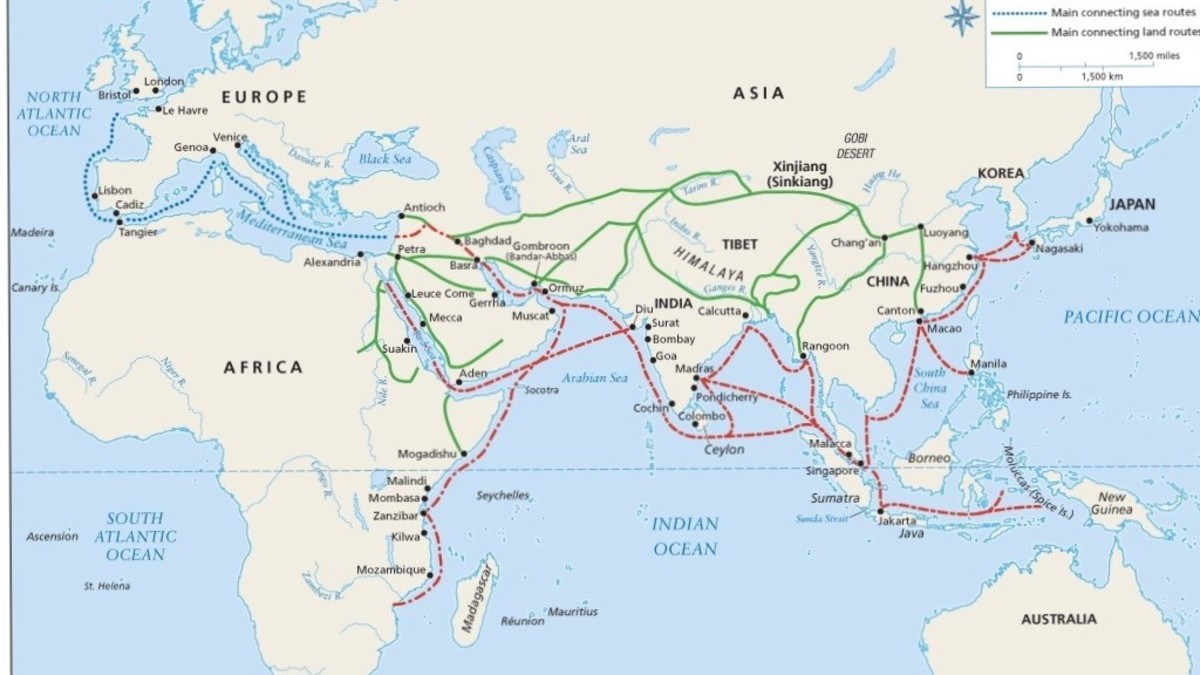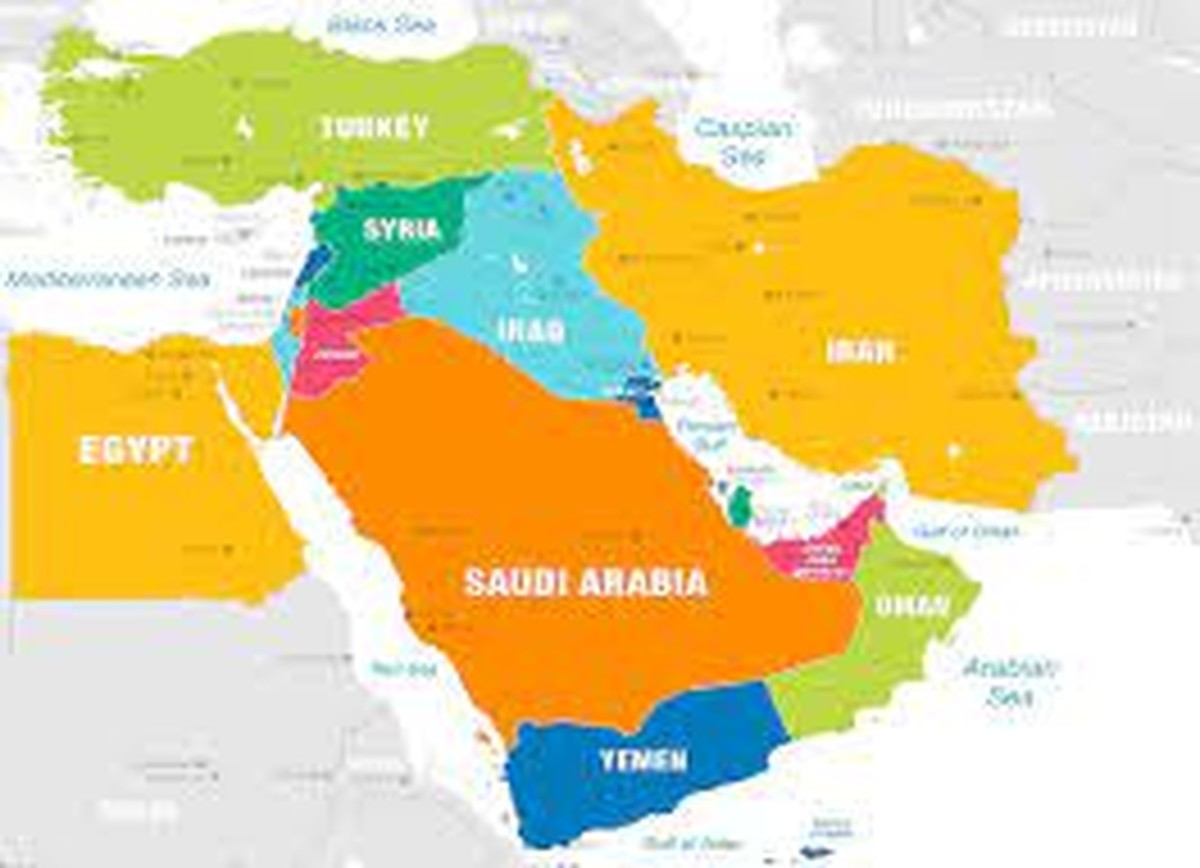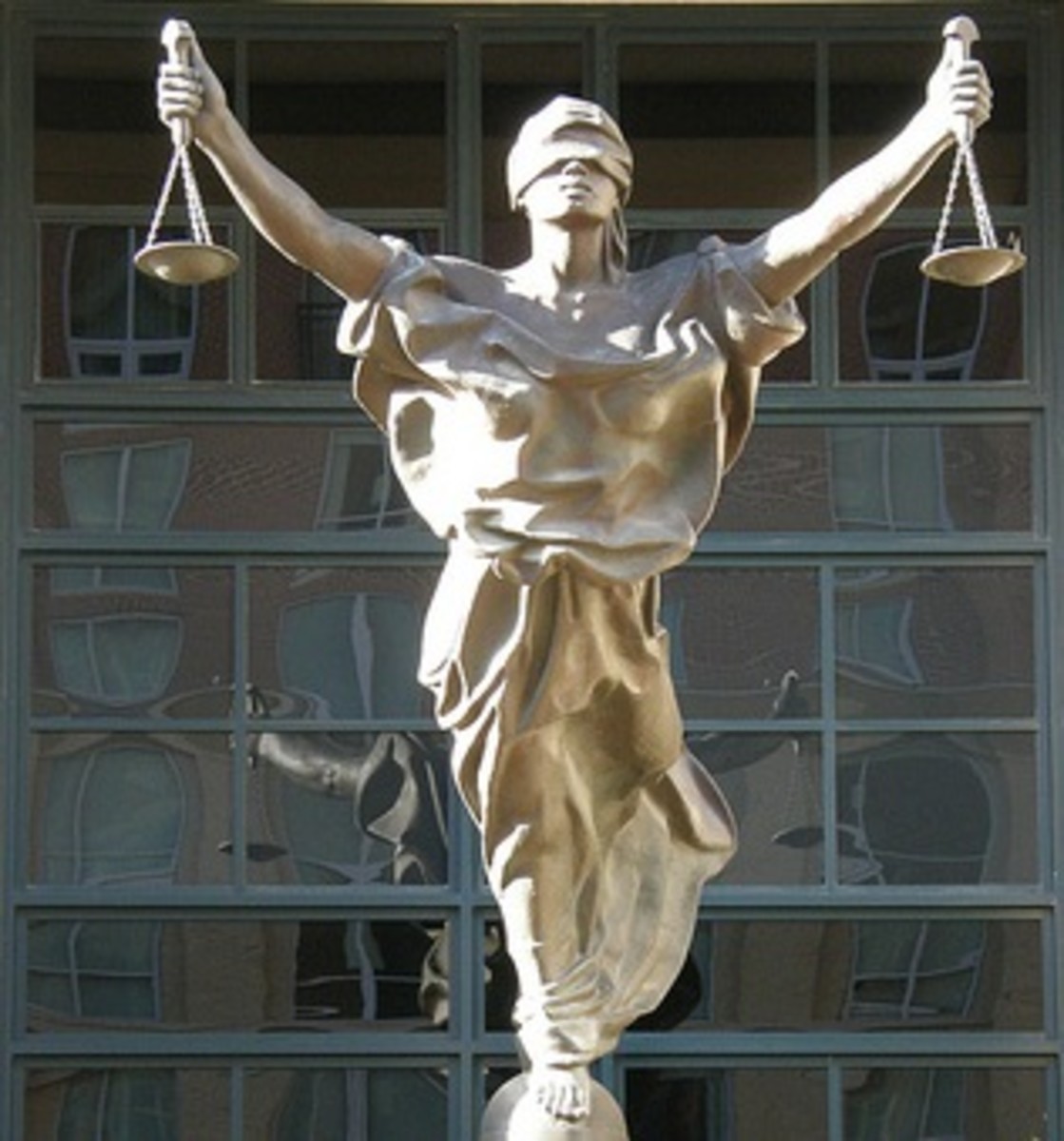Likes Volleyball and Poetry
The Man Behind 9/11
I sometimes wonder about such men. They are patriotic to a fault, admired, focused, charismatic, and deadly. How you feel depends upon whose side you are on. The leaders we fought in Iraq, subsequent to the World Trade Center, diverged widely over how best to glorify Islam and defame the West. Irregardless, it is unlikely there will ever be another quite like bin Laden. He was the son of a hardworking, devout Muslim, who ran an enormously successful company. If the younger bin Laden was not supervising the building of roads, he was probably in Yemen, overseeing a training camp. He was very much his own man. He came, as did his key, collaborative terrorists of September 11th notoriety, from Saudi Arabia. But he vehemently disagreed with Saudi policies and preferred the desolate mountains of Pakistan. Keep in mind he was exceptionally wealthy, well-wedded, with many children, and never thought by his ummah, or community, as anything less than a good Muslim. Nor was bin Laden stereotypical. It was not unknown before he became front page news how his "brothers" partied in Europe, using alcohol and all the rest, only to return in appropriate garb to Riyadh. There, they would live once again with a picture-perfect semblance of pious austerity. These shenanigans were not a weakness that could be attributed to bin Laden. His leadership was genuine. He prayed the requisite five times daily. He also risked the ire of his own ilk by reaching out to Muslims from all over, many of whom were not considered either fully acceptable or compatible with defensive or offensive jihad.
Osama bin Laden Interview

The Middle East -- Again.
There are people who are born in the Middle East. For them, Osama bin Laden might not be more than a single topic among half a million to choose from at dinner time. There are also people integrally or culturally tied to the Middle East. To them Osama bin Laden is certainly no stranger, at least intellectually. But for the great majority of Americans, including several holding high office, he is simply the man in the photograph above -- tall, relaxed, sometimes in front of a scenic background, dressed accordingly, consonant with his kind, and usually toting a rifle. But he was unique, not only because he managed against great odds to successfully attack the U.S. on its own soil, but also because of his radical thinking, mainly Islamic in character, but hardly unworldly or detached. In fact, his reputation has lived on as the most business-like of jihadists. Business was in his heritage. For instance, his father, who first established the bin Laden name, worked on the Al Asqa Mosque in Jerusalem. Although fully owned and operated exclusively by Muslims, its location in Jerusalem (next to the Wailing Wall) caused bin Laden to think of it as a sacred shrine held captive. Why then was he so preoccupied by a country so much further away? Why did he not concentrate on Israel alone? The Al Asqa Mosque was meaningful. The World Trade Center could not have been much more than a collection of skyscrapers. There are many tall buildings in NYC. It turns out that he rated Israel higher than the U.S.A. in terms of strength. To bin Laden, America was the easier target. This is not how Americans think. But it is at least worth knowing a contrary opinion. Bin Laden's overall plan was twofold. The primary aim was to bring down the U.S.A. Then, secondarily, Israel would fall. As to the details -- well, that is the stuff roiling about between the ears of like-minded jihadists.
So much for theory. What is the reality? A good guess would be lots of trouble ahead for Americans and their interests, here and abroad. But it would only be a guess. By now, we are much savvier than at the end of the 20th century. It is likely true that bin Laden, like many of his stature, strongly believed in an all-Muslim world. For the time being, however, he regarded the entire Middle East as the sole and rightful property of Muslims. Since he had experienced war first-hand in Afghanistan, he had also seen well-armed Soviet troops run away. Thus, he probably drew a parallel to the United States. Big militaries spend big money. After a point, fighting -- unless, of course, it is blood for oil or Nazism -- does not pay for itself. Who really wants the infertile, craggy mountains of Afghanistan? What, for the sake of argument, was al-Qaeda's budget? It might be useful to find out, if only to learn that money cannot win a foreign war. In the current trend, countries in the Middle East are becoming less and less important, while terrorist organizations become more powerful. Their rise has spawned two separate and distinct American tactics. One is the hardline stance of the George W. Bush administration, and two, the mellower, more diffused, negotiating technique and style of the Obama team. Since bin Laden is dead, he is no longer a factor. But his campfire survivors, whoever and wherever they are, no doubt remember being told not to fear American machinery. Americans behind their awesome machines would falter. Osama had contempt for us all, but his denigration of American soldiers was highly original. Common sense would dictate otherwise. The full treatment, beginning with all-day, all-night air strikes, as seen on television, over Baghdad, truthfully told the story. Saddam Hussein went into isolation and hiding. Another example, no doubt, would be the raid that resulted in bin Laden's assassination.
Silent Commemoration
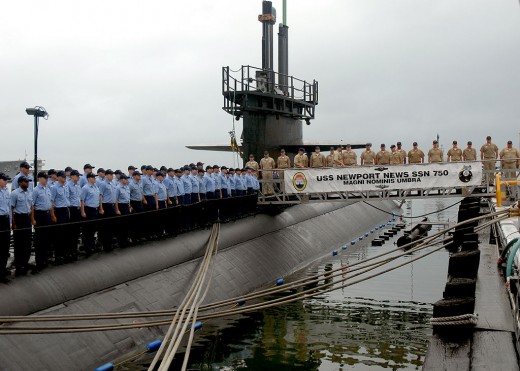
One Down -- Many Left Standing
If there is life on earth fifty years from now, Osama bin Laden will still be in the history books. But maybe the ability to destroy life on earth is really only a tool in the arsenals of our leaders. They are not going to do it. They do not want to die. They scare us once in a while. It keeps us in line. An unpopulated world would ruin it. A conventional war, by the way, would not destroy the world. But a nuclear war is a wildcard, having never been tried. The Iran affair made history. If an active response ever becomes a reality, there is no way to know if anyone would survive. Which brings us full circle back to Osama bin Laden, who was not, to my knowledge, nuclear-minded. Let us, then, switch from Peshawar, Pakistan to Tehran, Iran.
Ahmadinejad is no longer President, but his legacy lives on. It might seem useless to compare a dead man to a man disempowered, but it seems, if it can be allowed, that Ahmadinejad is far more important now than bin Laden was back then. It is said that Iran sponsors terrorism. But it is difficult, without access to privileged information, to learn what is and is not true. In point of fact, Ahmadinejad spoke a great deal and oversaw an elaborate, extensive uranium enrichment program. No one knows what is going on. The IAEA has never, to my knowledge, given them a totally clean bill of health. We hope our negotiators have played their opponents with award-winning skill, outmaneuvering their stealthiest moves, and quashing their most evil intentions. But again, nobody knows. Bin Laden makes a great subject of study, if only because he is a closed book, cover to cover. What about Ahmadinejad? Is he still in the picture or not? If so, why did he strike almost everybody in the American television audience as a consummate liar? What made the present administration confident that he was someone with whom we could enter into a long-term agreement? Then, there was that historic speech on the hill by Israel's leader. More talk. Well, dovish talk is an altogether finer thing than the hawkish alternative.
I believe the bin Laden/Ahmadinejad comparison useful because it highlights two distinct methods of anti-Americanism. Bin Laden was never ambiguous when it came to his favorite enemy -- not Israel, but America. Ahmadinejad rabidly denounced Israel, while Iranian clerics chanted death to America. It is not apparent, despite all the blather, if he ever even aspired to bin Laden's level of bellicosity. In front of cameras and at photo-ops, Ahmadinejad kept his cool inside a variety of international gatherings. He functioned without meltdowns while official watchdogs breathed down his neck. He never showed his cards. If only Russia had a free, dependable English-speaking news channel to report what is going on from its perspective. We could then at least read (or see and listen) between the lines. Nothing said or done so far has caused them much consternation. But then again, they are very adept at how to comport themselves on camera. In brief, our talks were never bilateral. They were, are, and likely always will be triangulated. In the case at hand, our leaders have acted. As followers, we are free to wonder what's going on.
On the Other Side of the World

Lulls and Why They Cannot Be Trusted
Does anyone remember Osama bin Laden declaring war on the United States in 1996? Well, I don't. It was printed in al-Quds al-Arabi in London. A 1998 follow-up, signed by a number of religious scholars, encouraged killing Americans, both military and civilian. I confess to having let it slip by, too. My point is that there are these lulls during which time either the news is incomplete, not insightful, or maybe unlucky. How could one have known? These documents turned out to be a viable threat. By now citizens can expect capable persons to analyze what must be an enormous amount of anti-American rhetoric, video, activity, and literature, on-line, off-line, printed, spoken, or encrypted. Now, with 20-20 hindsight, we realize that 9/11 gradually incubated during the late nineties. We get alarmed by lone-wolf attacks, but we were forewarned, and deal with it, a somber, aggravating reality. Thus, it seems only logical that we should at least not be surprised if something is not again in the works as the current distraction of an Iranian-American pact produces yet another lull.
Have I drawn a false parallel? I hope so. To my mind, not only should al-Qaeda have been more thoroughly scrutinized, but so should Iran (ISIS has many faults, but secrecy does not seem to be its stock in trade). For instance, it is possible that Iran already has the bomb, works on it elsewhere than assumed, or has other plans that do not require a nuclear weapon (or, its having to make one). In all of the above scenarios, Iranians at the table need not have worried about anything, except trying, as best they could, to lift sanctions. None of the negotiators on the other side, needless to add, looked as if they were hurting. In fact, outside of the usual multiplication of words, the biggest competition seemed to be how to appear more relaxed than anyone else. Golf clubs, no tie, smiles. . . . I do not begrudge negotiators their fun, it is just that if anything is to happen on a large, destructive scale, either here or there, likelier than not, regular citizens will be the main target. Nevertheless, I also try to master the fine art of sang froid.
On PBS.org: Bin Laden's 1998 Fatwa
- Al Qaeda's Second Fatwa
The following text is the fatwa published on Feb. 23, 1998, to declare a holy war against the West and Israel. It is signed by Osama bin Laden, head of al Qaeda; Ayman al-Zawahiri, head of Jihad Group in Egypt, and other Islamic terrorist groups

